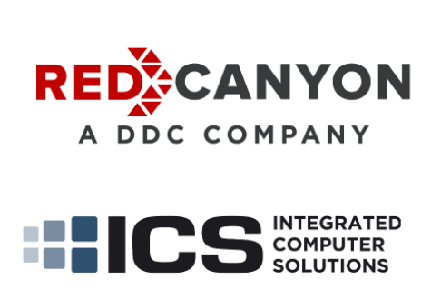IS THE ECONOMY REALLY YOUR BIGGEST RISK?
 Have you looked at your business continuity plan, lately? According to The National Archives & Records Administration, 93% of organizations that experienced an Information Technology service outage for more than 9 days reported bankruptcy within 12 months; 50% were bankrupt immediately.
Have you looked at your business continuity plan, lately? According to The National Archives & Records Administration, 93% of organizations that experienced an Information Technology service outage for more than 9 days reported bankruptcy within 12 months; 50% were bankrupt immediately.
Well-developed business continuity plans, built upon a policy developed to support organizational business goals and objectives, can allow your business or organization to be prepared for interruptions of any kind: power failures, IT system crashes, natural disasters, supply chain problems and more. Natural disasters such as hurricanes, tornadoes and earthquakes are only part of the risk, alongside information security risks. The chances of a data center experiencing a security breach are higher than the chances of it catching on fire. Threats can come from anywhere on the Internet, which dictates the need for constant monitoring and re-evaluation of plans once they are in place.
Ensuring plans are developed, in place, tested and advertised as such will provide leverage in selling the benefits and value of the services your organization provides.
WHEN DISASTER STRIKES WILL YOUR STAFF KNOW WHAT TO DO?
Business Continuity Planning: “The creation and validation of a practiced logistical plan for how an organization will recover and restore partially or completely interrupted critical (urgent) functions within a predetermined time after a disaster or extended disruption.” – Source: www.wikipedia.org
Ask yourself the following questions, in light of the definition above:
- If a catastrophic storm were bearing down at this moment, would your staff members know what actions to take?
- If a fire destroyed your servers and data, how quickly could you be up and running again?
- If a flood required your team to relocate to another facility to continue business operations, would they have all the resources and tools they needed to service your customers?
DID YOU KNOW
46% of businesses that suffer downtime estimate that the cost of lost revenue exceeds $50,000; 28% estimate it to be more than $250,000. Source: 2009 Annual Study: Cost of a Data Breach, Ponemon Institute.
ICS offers business continuity and disaster recovery planning for public and private organizations across the business and industry spectrum.
CHOOSING A BUSINESS CONTINUITY FIRM?
 Here are a few things to consider:
Here are a few things to consider:
1. Are the consultants certified in business continuity planning?
Not only certified, but how and by whom? Certification ensures that business continuity consultants are well-versed in all aspects of BC/DR planning. Specialized certifications are available for emergency management, risk management, audit, security and technology to ensure that practitioners understand professional practices.
2. Will the consulting firm take time to document your needs?
Good BC/DR planning starts with understanding what your exposures are and making a good decision on recovery strategy. The most critical element is the business impact analysis, including risk assessment. Some firms will perform a business impact analysis and identify the exposures and impacts to expect in a disaster; however, they won’t describe how to solve those problems. Choose a firm that will provide a comprehensive strategy.
3. Is the firm just trying to push you towards their supported solution?
Business continuity is more about effective planning and services than technologies. Firms that offer BC/DR planning and consulting services should be able to help you identify critical business processes, map all the dependencies, and determine what the impact would be on revenue if the processes were paused – with or without the use of expensive branded software solutions.





